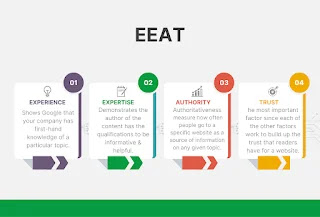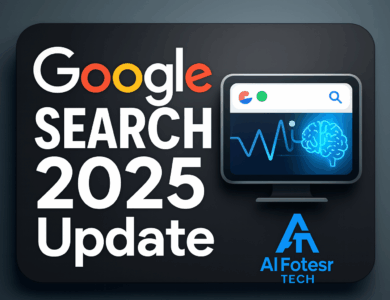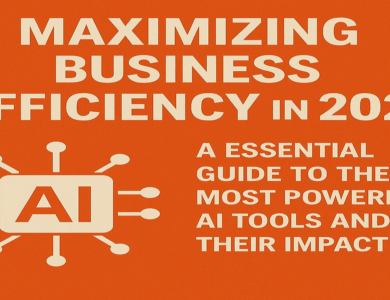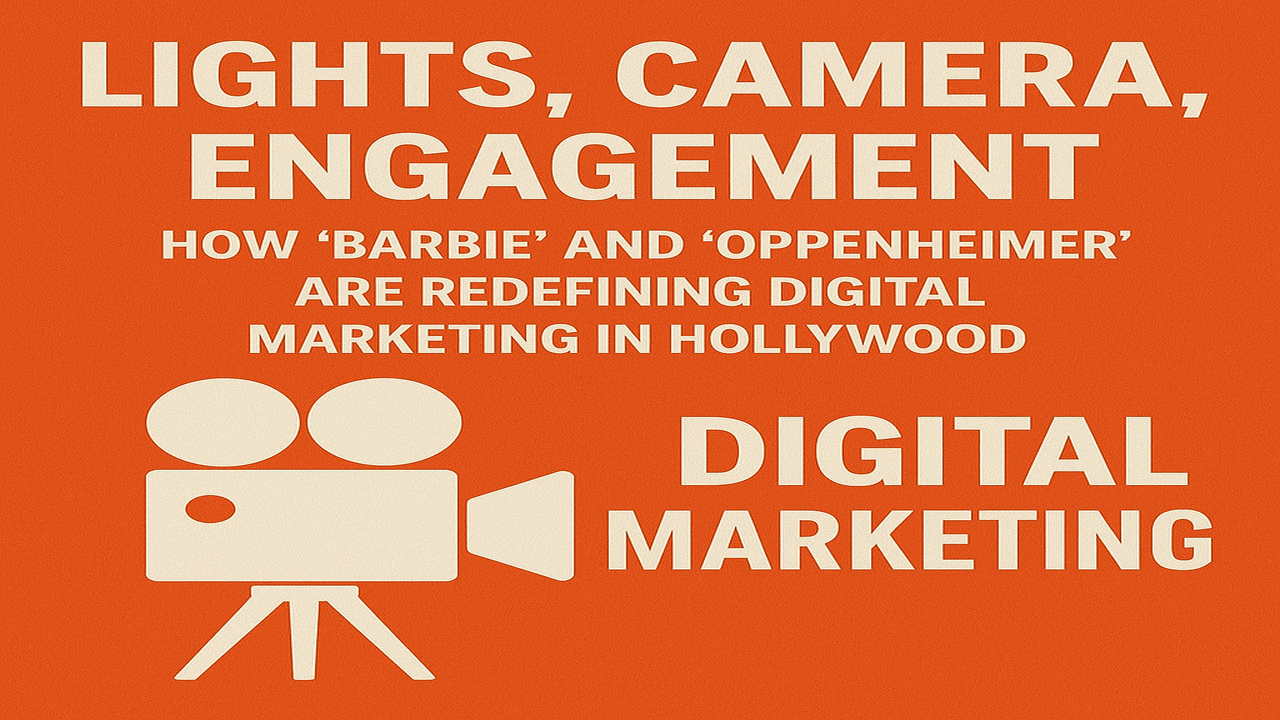Emphasis on E-E-A-T and Brand Authority

Emphasis on E-E-A-T and Brand Authority: The New Standard for SEO Success
Introduction
As AI-generated content floods the web and search engines evolve, Google is doubling down on quality signals that go beyond keywords and backlinks. At the core of this movement is E-E-A-T — Experience, Expertise, Authoritativeness, and Trustworthiness — and a renewed focus on brand authority.
If you want to rank in 2025 and beyond, your content must not only be optimized — it must be credible, helpful, and created by real people with real experience.
What is E-E-A-T? (And Why It Matters More Than Ever)
Originally introduced in Google’s Quality Rater Guidelines, E-E-A-T stands for:
-
Experience: First-hand, real-world knowledge of a subject
-
Expertise: Proven skills or qualifications in the topic area
-
Authoritativeness: Recognition by others as a reliable source
-
Trustworthiness: Transparency, honesty, and user safety
Google uses these signals (directly or indirectly) to evaluate the quality and relevance of content, especially for YMYL topics (Your Money or Your Life) such as health, finance, and legal advice.
🔍 New in 2025: Google’s algorithms now reward sites that visibly demonstrate E-E-A-T, not just claim it.
E-E-A-T vs. AI-Generated Content
In an age of machine-written blogs, E-E-A-T acts as a quality filter. Here’s how Google tells the difference:
| Signal | AI-Only Content | E-E-A-T-Driven Content |
|---|---|---|
| Author transparency | Often missing | Verified name, bio, credentials |
| Real-world examples | Generic or absent | Personal insight, case studies |
| External validation | Few or no citations | Cited by others, backlinks |
| Editorial oversight | Minimal | Edited and reviewed |
💡 If your site leans heavily on AI, you must humanize and authenticate it through E-E-A-T strategies.
The Rise of Brand Authority in SEO
Google is increasingly rewarding entities over individual pages — meaning your brand’s online presence and reputation influence rankings.
Signals of Strong Brand Authority:
-
Consistent presence across web, social, and third-party platforms
-
Positive brand mentions in authoritative publications
-
High domain trust and backlinks from niche-relevant sites
-
Branded search volume (people looking specifically for your brand)
🏆 A well-known, trusted brand is more likely to rank — even with less content.
How to Build E-E-A-T and Brand Authority (Step by Step)
✅ 1. Showcase Real Authors
Add author bios, credentials, and social links. Include bylines on all content.
✅ 2. Add First-Hand Experience
Use real examples, original photos, expert quotes, and insights not found elsewhere.
✅ 3. Build Topical Authority
Publish consistently on a focused set of topics. Cluster content and interlink strategically.
✅ 4. Leverage Thought Leadership
Create expert guides, appear on podcasts, publish research, or speak at events.
✅ 5. Encourage Brand Mentions
Pursue PR, guest posting, and influencer collaborations that build your brand footprint.
✅ 6. Improve Trust Signals
-
Use HTTPS
-
Display editorial policies
-
Enable author pages and contact info
-
Maintain updated legal/privacy pages
E-E-A-T in Action: Real Examples
-
🏥 Healthline: Medical review board, credentialed experts, transparency in content creation
-
💰 NerdWallet: Financial writers with experience, clear sourcing, updated data
-
🧠 Ahrefs Blog: SEO practitioners writing case-based content, backed by data
These brands win on trust and authority, not just optimization.
Final Thoughts: Quality, Not Quantity, Wins in 2025
SEO is no longer a game of who publishes more — it’s about who publishes better. In a crowded, AI-heavy content landscape, E-E-A-T and brand authority are your safest and strongest long-term SEO strategies.
Earn your rankings. Don’t try to automate them.
SEO Keywords:
E-E-A-T SEO, experience expertise authority trust, build brand authority SEO, AI content vs E-E-A-T, Google content quality guidelines, how to rank in 2025, trust signals for SEO, branded search authority



